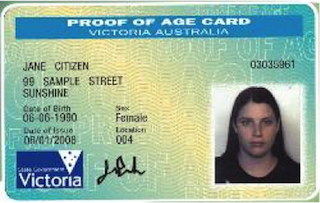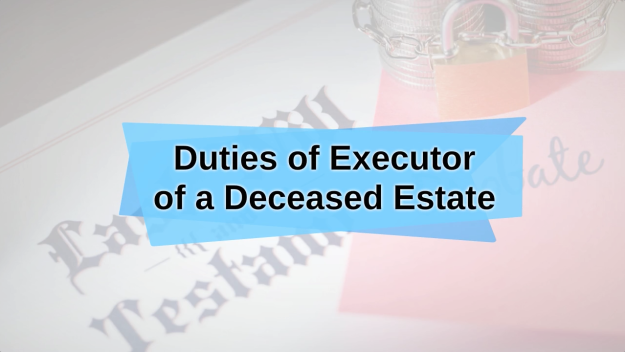Mediating Settlement of Estate Disputes
Like most developed countries, Australia’s population is ageing as a result of sustained low fertility and increasing life expectancy. This has resulted in proportionally fewer children in the population and a proportionally larger increase in those aged 65 and over.
Over the 20 years between 1994 and 2014, the proportion of the population aged 65 years and over increased from 11.8% to 14.7%. This group is projected to increase more rapidly over the next decade, as further cohorts of baby boomers turn 65.
In the 12 months to 30 June 2014, the number of people aged 65 years and over increased by 118,700 people, representing a 3.6% increase.
We are living longer and accumulating greater wealth. This gives rise to the potential for more disputes arising on either incapacity or death.












